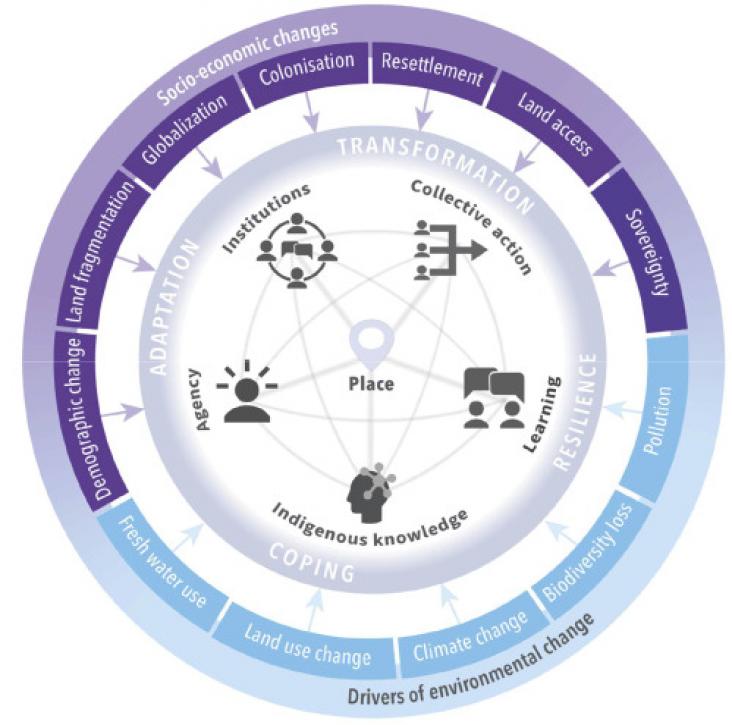Soil organic matter (OM) stratification and macro and micro fauna are both good indicators for the evaluation of soil ecological functioning, which is interrelated with nutrient cycles.
This study aimed to characterize endophytic bacteria associated with root-nodules of a wild legume (Genista cinerea: Fabaceae) growing in arid soils of Algeria.

Climate extremes are expected to become more commonplace and more severe, putting species and ecosystems at unprecedented risks.

Protecting the ocean has become a major goal of international policy as human activities increasingly endanger the integrity of the ocean ecosystem, often summarized as “ocean health.” By and large
This chapters describes the hugely diverse but threatened desert environments, from their broad ecosystem structure through to the unique adaptations found among the species inhabiting these challenging habitats. Current changes and threats desert ecosystems face due to anthropogenic activities, including climate change, are discussed, together with potential solutions and conservation approaches.

Indigenous peoples globally have high exposure to environmental change and are often considered an “at-risk” population, although there is growing evidence of their resilience. In this Perspective, we examine the common factors affecting this resilience by illustrating how the interconnected roles of place, agency, institutions, collective action, Indigenous knowledge, and learning help Indigenous peoples to cope and adapt to environmental change.
Multidisciplinary analytical techniques allow us to examine the presence and behaviour of pollutants in complex atmospheric, terrestrial, aquatic, and living compartments of ecosystems. This book chapter advances SDGs 6, 13 and 15.
This article supports SDG 13 and SDG 15 by demonstrating the people's willingness to pay for ecosystem services on the Tibetan Plateau of China and highlighting the significance of people's knowledge and attitude as direct driving factors for payment amount.
This book chapter advances SDGs 3 and 15 by explaining how malaria presents challenges that are heavily linked to multiple sustainability goals, and advances in drug-development is a key part of addressing future challenges here.

